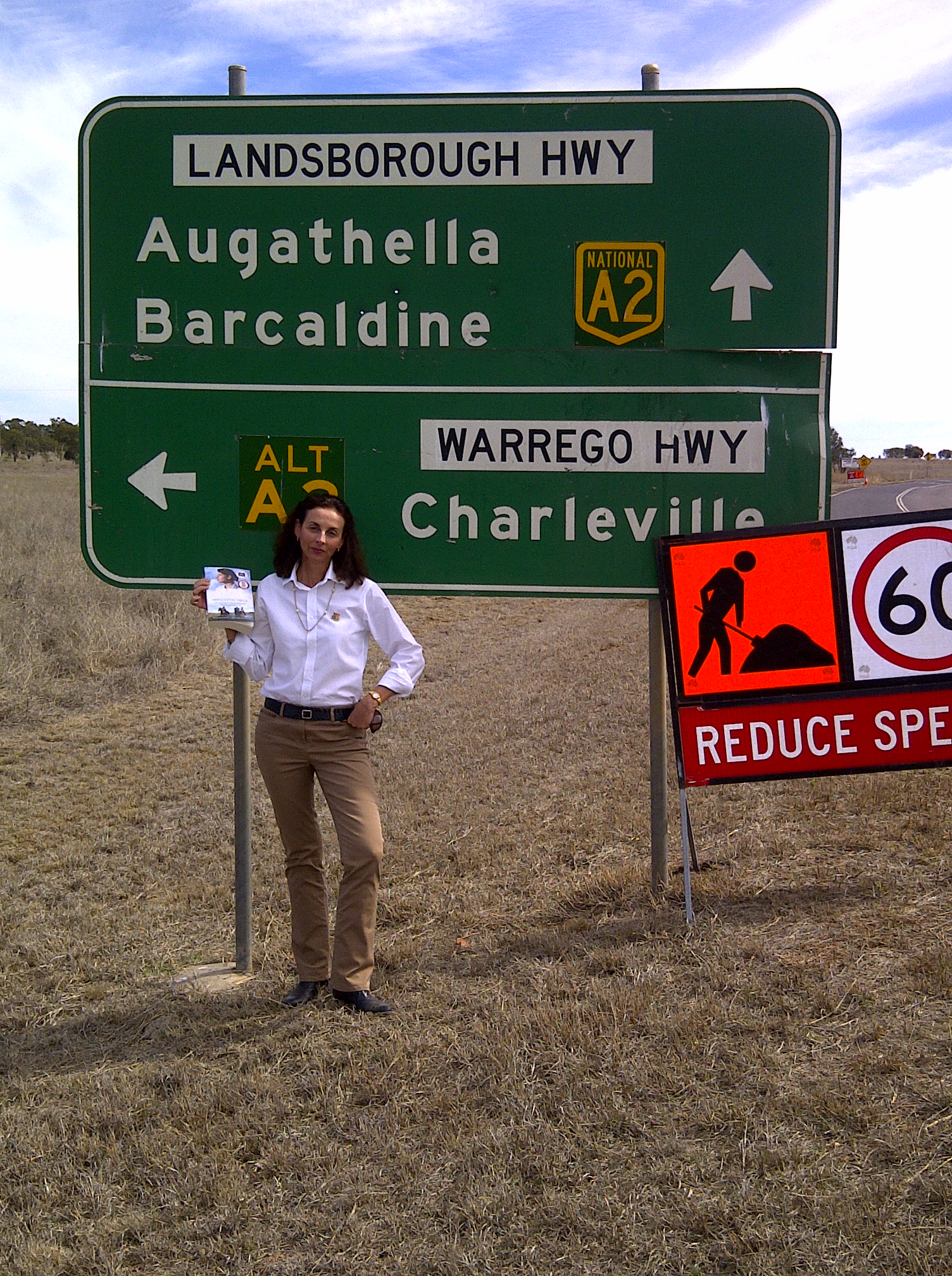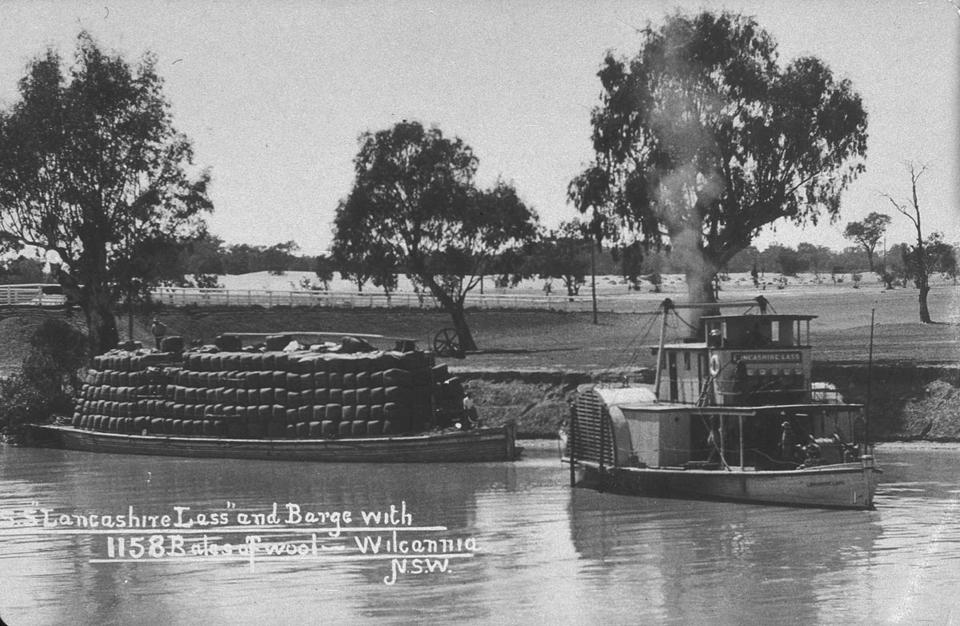One of the great things about being a writer is that you get to meet a whole lot of other great authors. Lisa Heidke lives a good eight hundred kilometers south of me however thanks to today’s technology (which as a bushie I’m supremely grateful for) she’s literally visiting me today! www.lisaheidke.com
With the release of my fourth novel, Stella Makes Good, I have tried to be more proactive. That means stepping out of my pyjamas, popping on a frock (or jeans usually) and talking to readers at bookshops, libraries and writing events – which is fun, once the first five minutes of feeling like a deer caught in the headlights, is over.
Two related questions Im frequently asked probably more so with the recent release of Stella, is
- 1. Do I base my characters on real people?
- 2. Am I afraid of upsetting family and friends?
The short answer to both questions is NO.
Yes, I eavesdrop occasionally (!) on conversations at the coffee shop, gym, and pub and may take away (steal) tiny snippets of dialogue or note the way a person constantly clicks their fingers, plays with the salt or shakes their head. Perhaps their physical appearance will stay with me and I might write about their outstanding cleavage or striking similarity to Danny DeVito, but as for taking chunks of a real persons life and incorporating them into my writing? No.
Generally speaking, real people are boring and if they are not boring and you do write about them, theyll sue. Really compelling characters need to be created. The truth is a character might contain lots of different personality traits from people Ive met, but as a writer, Ill exaggerate these traits. To make a character three dimensional, you need to create their personalities so that they are larger than real life (that’s the really fun part) but still believable.
Okay, I will admit to lifting teen dialogue straight from my kids conversations (as well as some of my mothers ramblings) and I have no doubt I will pay for these indiscretions as soon as my children read my books. (Hence I am safe for a number of years.)
Seriously, if I spoke to some of my characters Id be exhausted five minutes after meeting them. That said, I always aim to write real people they just happen to be super intense.
Sometimes I meet readers wholl tell me fascinating stories about their mother/brother/lover who I simply must write about. (And if they dont get enough face time to explain, theyll ring me with several more anecdotes.) Ill admit many of these people sound fascinating but as characters, they wouldnt fly. Because in real life, people often do things for no apparent reason or because they feel like it.
However, in fiction, when a character I’ve created takes off to Bali or singlehandedly takes down a Japanese whaling fleet, there has to be a reason for their fight, fright, drug taking and other indiscretions and actions.
Mark Twain said truth is stranger than fiction, but it is because fiction is obliged to stick to possibilities; Truth isn’t. and my number one goal is to make my characters believable…they can be a little strange but they have to be believable.
As for the second question, Am I afraid of upsetting family and friends with my writing?
Again, no, though there are times I get a little worried.
My advice to emerging writers is that you cant worry about what friends and family will think, or your scenes and characters wont flow. Worst case scenario you might never get any words written let alone write complete scenes or three dimensional characters. Youll be too busy second-guessing others (who, lets face it, might never read your work, anyway!) In your story, as long as the evil mother-in-law with a penchant for seducing young men is not actually based on your own mother-in-law and youre not reliving word for word, the huge family fight circa Christmas 2011 where the cross-dressing uncle stormed out and your husband admitted to having an affair with the baby sitter, culminating in several restraining orders being issued (unless its memoir), you have to be free to create characters without fear of offending people.
Ill admit I got a little nervous writing about the sex party and the aftermath in Stella Makes Good and of course, people have asked whether Ive been to one or several such parties, but if I agonised over every word I wrote (and said) Id have been institutionalised by now.
Generally speaking, writing fiction is all about creating characters that are larger than life. Theyll do things that are far more outrageous than real people (with good reason and to advance the plot line)…and if Uncle Ted recognises himself as the slobbering bore in your novel? Thats his problem!
So, have you ever recognised yourself in a book youve read? Have you ever thought, Wow! How did the author know that?
Stella Makes Good
Stella Sparks is on good terms with her ex-husband, Terry, despite the fact he left her for another woman. Stella’s philosophical – the marriage had run its course, they remain friends and the wellbeing of their kids is central to both of them.
Stella’s two closest friends, Carly and Jesse, envy her togetherness and wish they could emulate it. Jesse’s husband, Steve, is a control freak who’s driving her crazy, but she has two small children and can’t see a way out. Carly, meanwhile, suspects her husband is having an affair and isn’t sure what to do about it.
Stella’s life takes a distinctly upward turn when she meets a handsome, apparently single – no ring, anyway – father at her son’s school speech night. For Carly and Jesse, however, the search for happiness and fulfilment proves more elusive…
With a healthy dose of humour and romance Stella Makes Good is about the games we play, the secrets we keep, the unpredictable nature of life and the importance of female friendship.







Leave A Comment